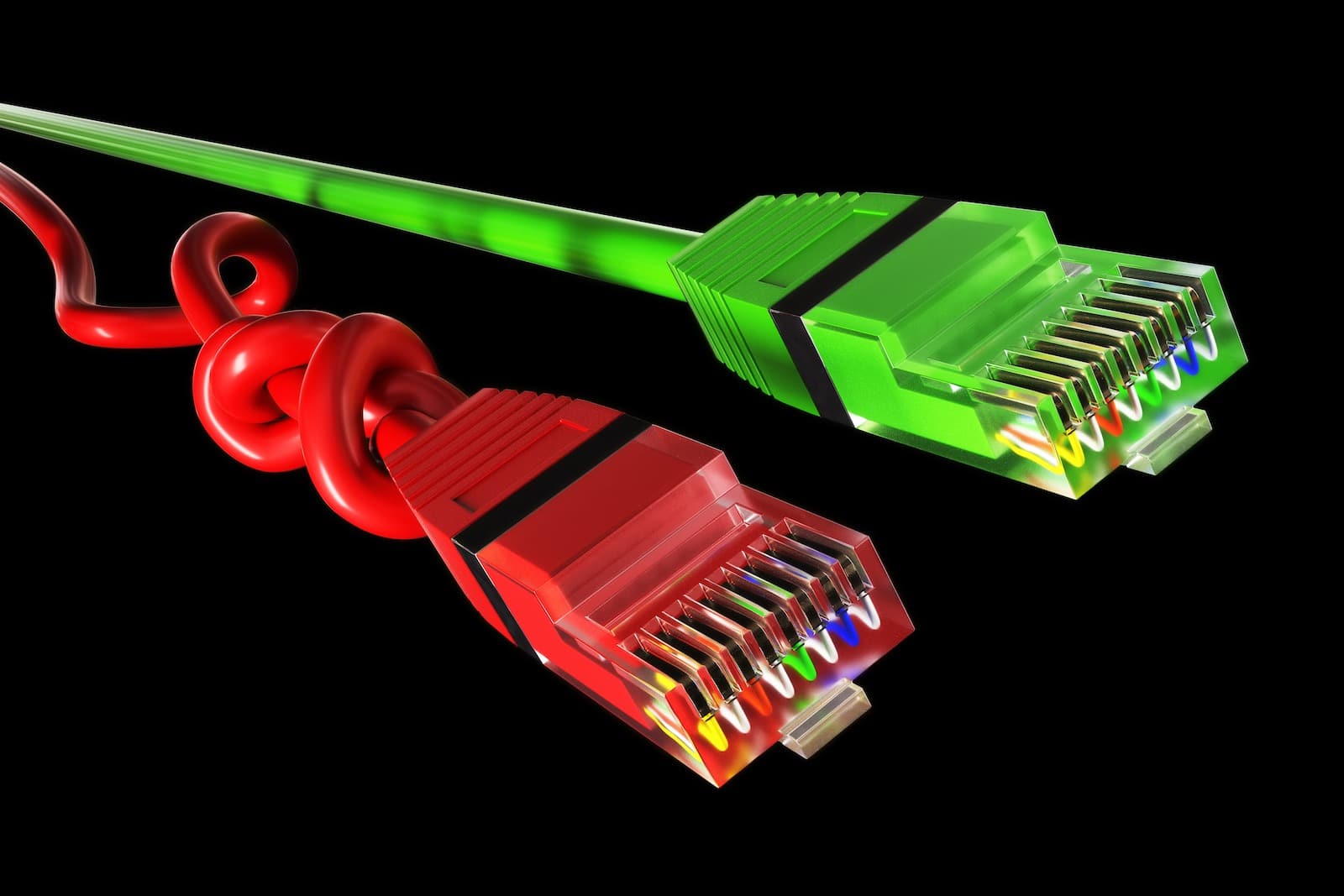Take a moment to consider the importance of net neutrality, and how different our digital world would be without it.
Net neutrality is the principle that Internet service providers (ISP) and governments regulating the Internet should treat all data on the Internet the same, not discriminating or charging differentially by user, content, website, platform, application, type of attached equipment, or mode of communication.
Net neutrality is the reason that internet providers like AT&T, Comcast, or Verizon don’t limit access to services associated with the other two, or any competing firm. It’s the reason all three don’t band together to clog up Netflix in a bid to divert customers back to their own television and streaming video services.
Without net neutrality Apple could do a deal with Verizon to ensure their devices achieve 50% faster data transfer speeds than other devices on all Verizon Internet connections. It is the reason we can have an Apple laptop, an Android phone, and whichever ISP we would like, without having to consider the bandwidth priorities given to each device.
Columbia University media law professor Tim Wu coined the term in 2003 but now, in 2017, two things are bring the net neutrality discussion to the surface. A flood of new brands are entering our cities, buildings and homes through the on going emergence of the internet of things (IoT), and the most prominent US internet regulator wants to get rid of net neutrality all together.
Federal Communications Commission (FCC) chair Ajit Pai is pushing a proposal, misleadingly entitled ‘Restoring Internet Freedom Notice of Proposed Rulemaking’. The changes, according to the FCC would “end utility-style government regulation on ISPs.” In reality however, it places so much power in the hands of ISPs, and those that can afford to pay them, that the Internet would inevitably be controlled by a handful of companies.
For the IoT, devices depend on rapid connectivity to provide service in the real-time cyber physical world. HVAC systems must continuously react to analyzed sensor information in order to optimize temperature; access control systems must respond immediately to avoid delays; and an agonizingly slow conversation with a home assistant undermines its very worth to the user.
Former FCC chair Tom Wheeler points out that if you set up an alert to sound when an alarm is triggered in your building, then that message needs to be sent over the internet to you in seconds, even milliseconds, not minutes or hours. “I need to know that information with low latency," Wheeler says. "Latency, as computers are talking to computers, becomes a very important thing. The question becomes whether there will be different levels of service, will there be paid prioritization?"

The biggest ISPs would have the power to hold connectivity to ransom, only the biggest IoT providers could afford to pay that ransom; this it would spell the end of IoT start-ups, and deal a huge blow to innovation. Not shackled by true competition, prices would go up, quality would go down and ultimately the end user would suffer.
"The future could end up being controlled by four companies," Wheeler says. "That's why open networks are important."
You may think the tiny scale of data transfer used by many IoT applications would mitigate the affect of low priority with an ISP, but ‘real-time’ speed is a hallmark of the IoT. "Even though IoT devices might have smaller data packets, their usefulness is to be able to do real-time monitoring and analysis. If they are throttled, then it negates the value of IoT devices," says Sce Pike, founder and CEO of smart apartment company Iotas.
If regulations are removed, can we depend on the ISPs themselves to uphold net neutrality? Comcast recently said that it would follow basic net neutrality principles even if the rules are revoked, and even after its obligation to do so under the terms of its merger agreement with NBC Universal expire next year. "We won’t block, slow down, or discriminate against lawful content," Comcast spokesperson Sena Fitzmaurice said. "We believe the best way to settle the regulatory and political ping pong that net neutrality has become is for Congress to pass legislation that will apply to all in the internet ecosystem."
To call this lip-service might be unwarranted and harsh, but we have come to expect companies to make decisions based on profit and consolidation of power – unless stopped by regulation. Moreover, what is the point of removing a regulation that companies seek to maintain either way; how long before one firm takes advantage and the rest follow suit to survive?
The IoT promises energy and water optimization to meet rising demand and help the environment. Smart buildings strive to improve the comfort, productivity and wellbeing of their occupants. IoT-rich smart cities hope to provide the benefits of connectivity on an unprecedented scale.
Without the level playing field provided by net neutrality, we may never see the true potential of the smart connected world.
[contact-form-7 id="3204" title="memoori-newsletter"]



